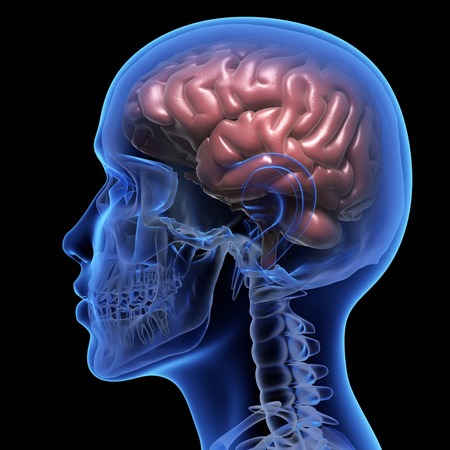Trauma Focused Treatment
What is Trauma-Focused Treatment?
Trauma-Focused Cognitive Behavioral Therapy (TF-CBT) is a treatment model that was designed to assist both individuals and families in overcoming the negative effects of a traumatic experience. Trauma Focused Therapy is an evidence-based method that has been proven effective for treatment after multiple traumas or a single traumatic event, and therapists trained in TF-CBT are frequently able to help those experiencing the emotional effects of trauma to address and resolve these effects.
General Cognitive Behavioral Therapy (CBT) offers effective methods for treating trauma-related disorders and promoting healing, but TF-CBT offers expanded methods, incorporates techniques from a family therapy, and uses an extremely trauma-sensitive approach. TF-CBT is also relatively short-term for most clients.
What is Trauma?
Every individual will experience trauma at some point in their lives. Unfortunately, most Americans have also been exposed to a form of severe trauma, either as a one-time event or even long-lasting repetitive traumatic life events. Incidents of trauma can take the form of violence, child abuse, domestic violence, military combat, car accidents, natural disasters, life-threatening illness, fetal trauma, industrial accidents, mass shootings, terrorist attacks, prolonged neglect, or other events. The word “trauma” comes from the Greek term for penetration or wounding, an indication of how serious the effects of trauma can be. Trauma was generally not at all well-understood, or even seriously considered as a psychological injury, until Freud’s psychoanalysis in the late 1800s. Even so, conceptualizations of trauma have changed quite a bit over time, as have the methods and approaches for treating it.
The DSM-IV specifically defines trauma as:
“Direct personal experience of an event that involves actual or threatened death or serious injury, or other threat to one’s physical integrity; or witnessing an event that involves death, injury, or a threat to the physical integrity of another person; or learning about unexpected or violent death, serious harm, or threat of death or injury experienced by a family member or other close associate. The person’s response to the event must involve intense fear, helplessness, or horror (or in children, the response must involve disorganized or agitated behavior).”
The Impact of Trauma
Trauma, whether one-time, multiple, or long-lasting repetitive events (complex trauma), affects everyone differently. The impact of trauma can be subtle, hidden, or outright destructive. How an event affects an individual depends on many factors, including characteristics of the individual, the type and characteristics of the event(s), developmental processes, the meaning of the trauma, and sociocultural factors. Usually, the impact of trauma fades relatively quickly, typically within one to three months. Most individuals will exhibit resilient responses or brief symptoms or consequences that fall outside of an official diagnosis. For others, trauma problems can persist for years and even decades. These lingering effects of trauma are usually diagnosed as Post-Traumatic Stress Disorder or PTSD.
For more information on Trauma Focused Therapy or other Texas Care treatment services, feel free to call 1-88-98TODAY and an Intake Coordinator will be happy to take your call and direct you to the appropriate department. Visit our FAQ page for more information on how Telehealth, Telemedicine, and TeleBehavioral Health can work for you.















